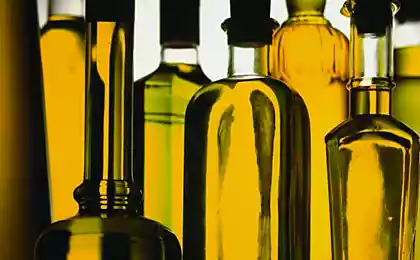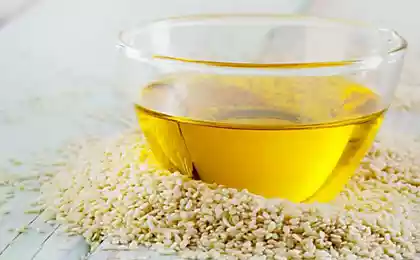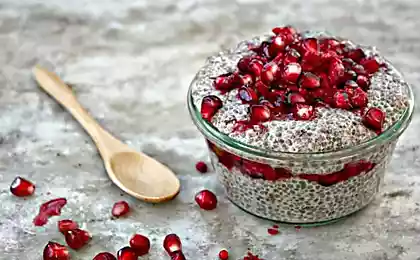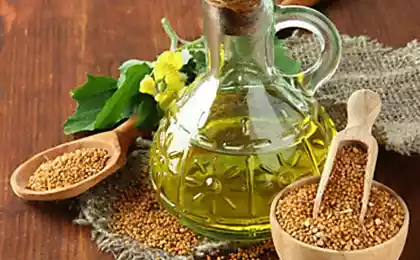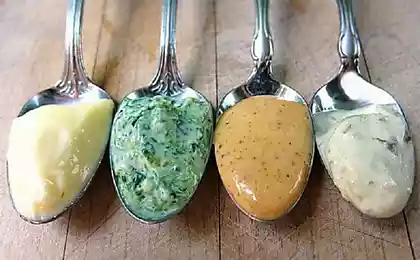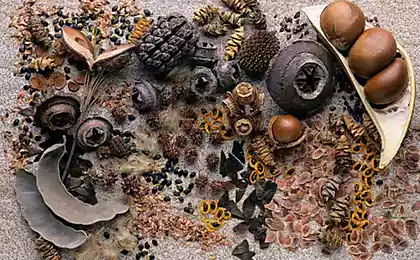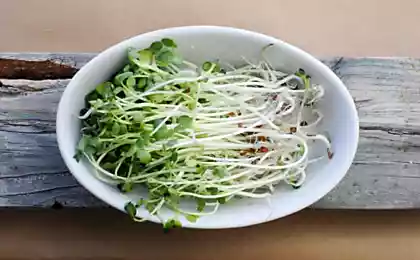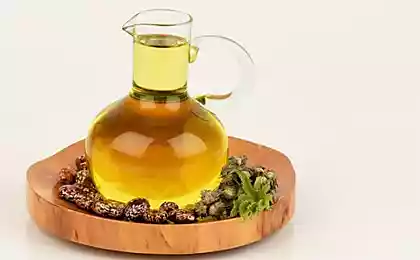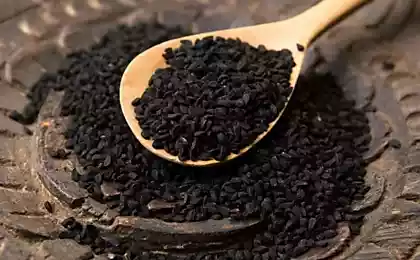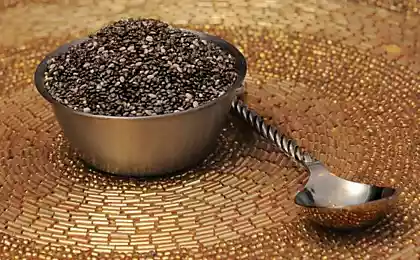526
Mustard.The benefits and harms
In Europe, the mustard became popular in the Middle ages, already in the IX century the production and sale of mustard has become an important source of income in many French monasteries.
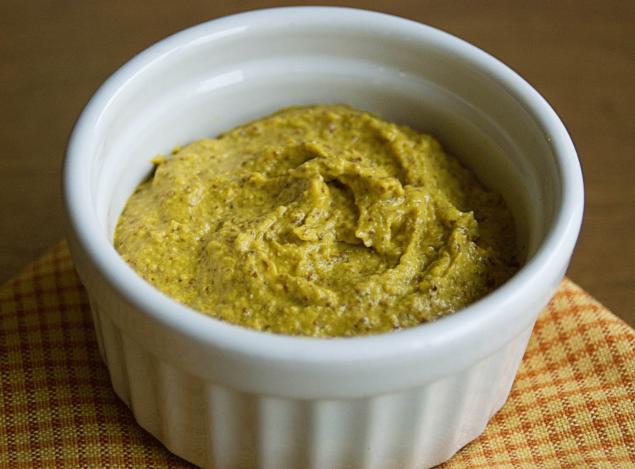
Nowadays, mustard is one of the most popular spices and is widely in all continents. Mustard seeds are used as raw material for mustard oil — a valuable ingredient used in food, perfumery, soap, chemical and pharmaceutical industries. But of course the main use of mustard seeds – making mustard condiment (or mustard). Currently, there are a huge number of varieties of mustards, which differ in taste and composition. All varieties of mustard are used as seasoning for various food products, dishes of fish and meat, soups, vegetables, and also for the production of mayonnaise.
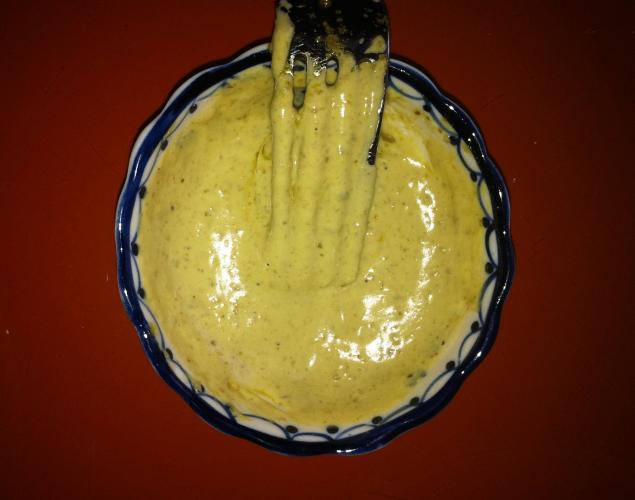
Hippocrates described mustard as a good expectorant and antitussive agent, and as a means to improve appetite and normalize digestion. Mustard powder is derived from defatted mustard seeds, has a warming effect and is used for the manufacture of mustard. Mustard is prescribed for pneumonia, bronchitis, rheumatism, neuralgia, hypertensive crisis, risk of stroke, angina pectoris, and for reflex effects on circulatory function.
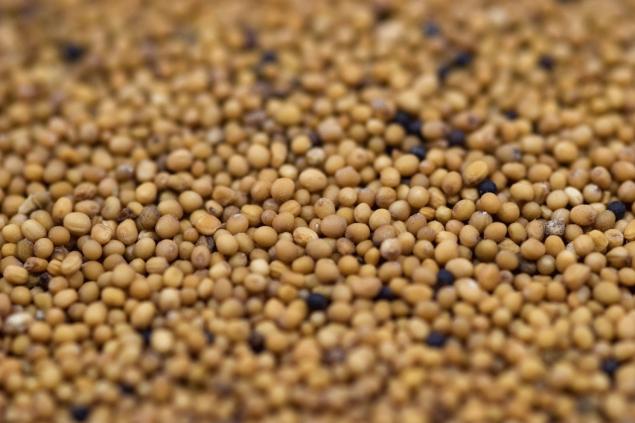
Incorrect misconception is that many believe that eating mustard they protect the organism from diseases, even treating him is wrong. In most cases, the damage effect of mustard on your stomach and intestines, which then will be quite difficult to heal. Do not abuse the mustard at high acidity of gastric juice, gastric ulcer and duodenal ulcer and acute gastroenterocolitis.
Source: /users/155

Nowadays, mustard is one of the most popular spices and is widely in all continents. Mustard seeds are used as raw material for mustard oil — a valuable ingredient used in food, perfumery, soap, chemical and pharmaceutical industries. But of course the main use of mustard seeds – making mustard condiment (or mustard). Currently, there are a huge number of varieties of mustards, which differ in taste and composition. All varieties of mustard are used as seasoning for various food products, dishes of fish and meat, soups, vegetables, and also for the production of mayonnaise.

Hippocrates described mustard as a good expectorant and antitussive agent, and as a means to improve appetite and normalize digestion. Mustard powder is derived from defatted mustard seeds, has a warming effect and is used for the manufacture of mustard. Mustard is prescribed for pneumonia, bronchitis, rheumatism, neuralgia, hypertensive crisis, risk of stroke, angina pectoris, and for reflex effects on circulatory function.

Incorrect misconception is that many believe that eating mustard they protect the organism from diseases, even treating him is wrong. In most cases, the damage effect of mustard on your stomach and intestines, which then will be quite difficult to heal. Do not abuse the mustard at high acidity of gastric juice, gastric ulcer and duodenal ulcer and acute gastroenterocolitis.
Source: /users/155







